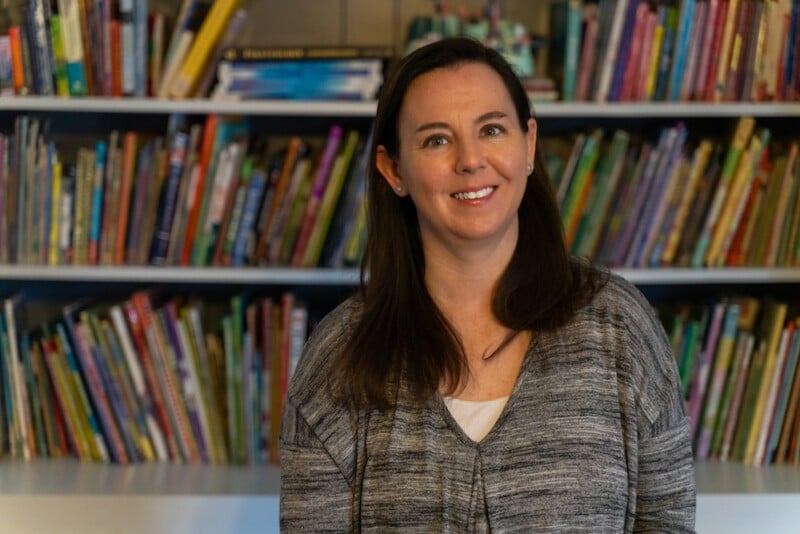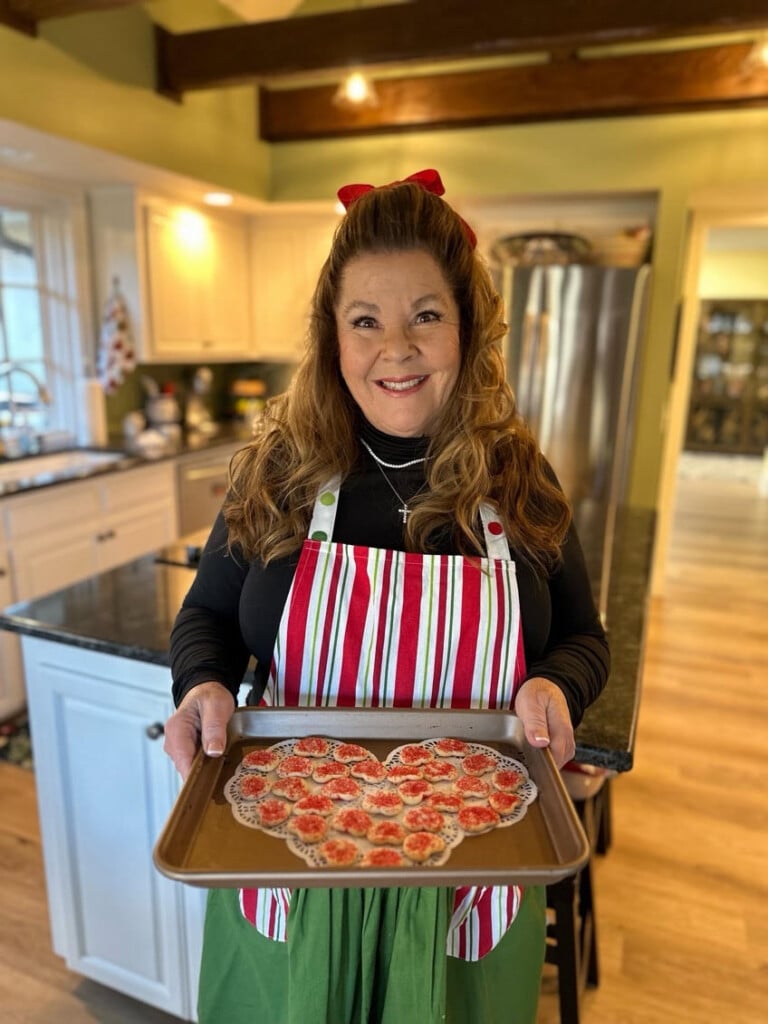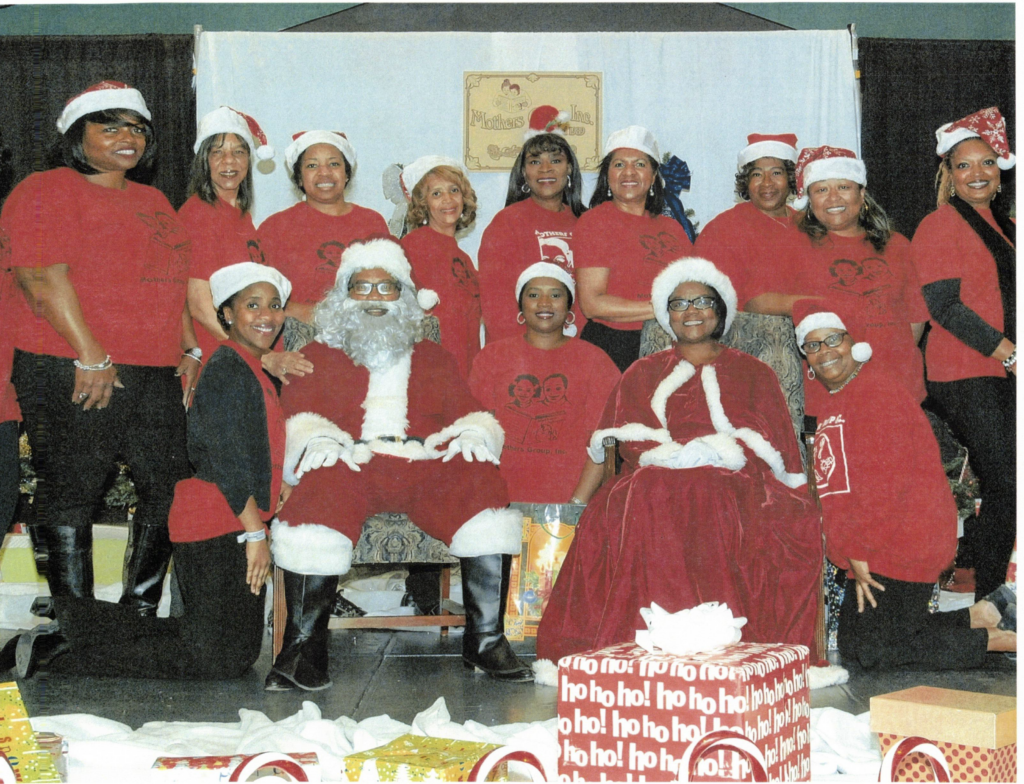Jeanette O’Hara: Providing a Respite for Parents of Children with Developmental Disabilities

March is National Developmental Disabilities Awareness Month, and to raise awareness of this, we are visiting with Jeanette O’Hara, founder and director of Will’s House. Jeanette and her husband, Brad, have partnered to create a support system for parents and caregivers of children with disabilities who need support, encouragement and/or a break from the demands of parenting a child/children with developmental disabilities. Jeanette shares how Will’s House was conceived, who it’s for and how to get involved.
TK: Share a little about your family.
Jeanette: My husband and I have been married for 15 years. We had two biological sons before we entered into the world of medical needs adoption. We adopted our son Will at age 8. He had a limited life expectancy due to his medical needs and passed away in 2017. We went on to adopt two more boys, bringing our total to four. Three of our children have varying levels of disability and two require full-time care.
We have our quirks, but we have a lot of fun and a lot of love for our friends who may also be a little different. We run Will’s House together as a family in honor of our son Will, providing safe and loving care to others.
TK: How did the idea of Will’s House come about?
Jeanette: As a physical therapist, I primarily worked with children in outpatient settings as well as inpatient psychiatric/dual diagnosis settings. I loved being a physical therapist, but when it became obvious that my children were going to need more of my time, I felt like I should pivot my career in another direction.
From my time as a mom and as a physical therapist, I knew that many families needed help with child care and that I could be a very capable “babysitter” of children or adults with medical needs or challenging behaviors based on my experience. But I wanted to think outside of the box and see if we could create something customizable, safe, and fun that could meet needs across the lifespan. I wanted to create a true service that was needed in the disability community, but one that built lasting relationships with the caregivers over time. I wanted to focus on a model that felt like HOME and FAMILY, not “facility” and “staff.”
My husband and I did some great brainstorming during the COVID-19 pandemic and started providing respite care in the fall of 2020. Respite care is simply the service provided to full-time caregivers of children and adults with disabilities, to relieve them from their duties so that they can take a break.
TK: Can you share more about what Will’s House offers to parents, caregivers and kids?
Jeanette: Will’s House offers many types of respite care for Tulsa and the surrounding areas. We provide opportunities for short-term care, allowing caregivers to go to appointments, run errands, rest, go on date nights, etc. We also provide overnight care or longer respite care when families are traveling or have an emergency pop up.
Will’s House serves infants all the way up to adults (never at the same time). Will’s House can provide services in the personal home of the family or by using our respite house in Jenks. The respite house is truly a gift. It is a single-family home, embedded in the community, that allows for a customizable experience and a very comfortable environment. Will’s House is similar to an AirBnB, but with supervision and medical support. And it is full of toys and fun things to do!
Will’s House is a contracted respite provider with the Department of Disabilities Services, and we are able to accept waiver or respite vouchers as payment. We also accept pay-what-you-can donations and provide many respite services free of charge. We believe so strongly that the caregivers we serve deserve breaks, that we never allow a financial situation to disqualify them from help.
TK: You don’t want people to feel isolated and encourage them to reach out to you for support. What other services do you help with?
Jeanette: Will’s House thrives on building relationships with caregivers. Many caregivers who reach out for help have never left their child in the care of anyone else before. So, we spend extra time building trust and relationships until they feel ready to go take their breaks. I spend a lot of time listening to the challenges they are facing and trying to connect them with other resources in our community.
We also keep a good stock of hygiene products and medical supplies for families who may need them. We often try to connect caregivers with others who have similar situations or live in the same general area, so that we can all have more community and support.
TK: What is a myth about having a child with developmental disabilities that you want to bust?
Jeanette: I think that many people assume that everyone has someone who can help with child care. In most families, you can drop your kids off at their grandparents’ house, or with close friends, and go on a date night. Or if you need to take one kid somewhere, you can drop the sibling at a friend’s house. If you don’t have that, you can go to a day care or child care center. When a child has medical needs or a disability that requires a more specific type of care, it is very common for caregivers to go years without any help at all.
Will’s House serves many single parents, grandparents raising grandkids, foster parents and families who moved from out of state. They often do not have any family members or peers that can take over the skilled care of their child. And there are very few child care centers who will accept our children. It is hard to imagine working a day shift and a night shift seven days a week, helping a child who is dependent on you for their safety or to be fed or to breathe…but caregivers are doing this all the time. The hope of a break improves quality of life for the whole family unit.
There are 43.6 million family caregivers of adults and children in the United States, and 86% of the caregivers to adults report that they have no respite care, and 75% of those caring for children report that they have no respite care. We are in desperate need of more respite care services and providers!
TK: What current needs does Will’s House have?
Jeanette: Will’s House thrives on community support. We are always in need of basic paper products and home essentials, toilet paper, paper towels, soap, Kleenex, baby wipes, etc. We try to keep an updated Amazon wish list on the Facebook page. We also have a need for food gift cards, things like Door Dash, Grubhub, Aldi or Walmart to help provide food for our longer respite stays.
TK: Do you need volunteers? If there’s a background check, can high schoolers and others volunteer?
Jeanette: Will’s House utilizes volunteers in many ways. We have groups who come to help with cleaning or yard maintenance, which does not require a background check. We do utilize volunteers to assist with our clients, and that would require a background check. We appreciate all that our volunteers are doing to keep us going!
TK: What else would you like to share?
Jeanette: Will’s House recently received national recognition from the ARCH National Respite Network as an Innovative and Exemplary Respite care model. This honor was a first for Oklahoma! As a native Tulsan, I am proud to share Will’s House with such a great community.
TK: How can people find you?
Jeanette: Our website is willshousetulsa.org. You can see videos, donate, or fill out a contact/interest form. You can follow us at Will’s House on Facebook. Our intake process just requires that you reach out through the Facebook page, email form or call. Then we will schedule at time to meet and discuss your needs. That’s it.
Through Will’s House, Jeanette offers a break to parents and caregivers. If you’re wondering what Jeanette does to take a break and invest in herself, check out the full interview on the Sharing Passion and Purpose Podcast: SharingPassionandPurpose.com.
 Nancy A. Moore is a Public Relations Coordinator at Montreau, Adjunct Professor at Tulsa Community College, and has been writing for TulsaKids for almost 20 years.
Nancy A. Moore is a Public Relations Coordinator at Montreau, Adjunct Professor at Tulsa Community College, and has been writing for TulsaKids for almost 20 years.




